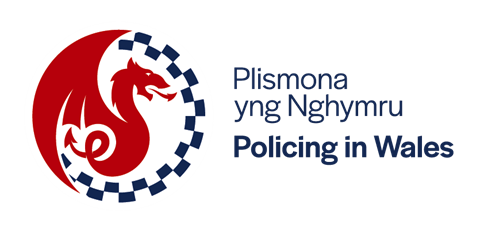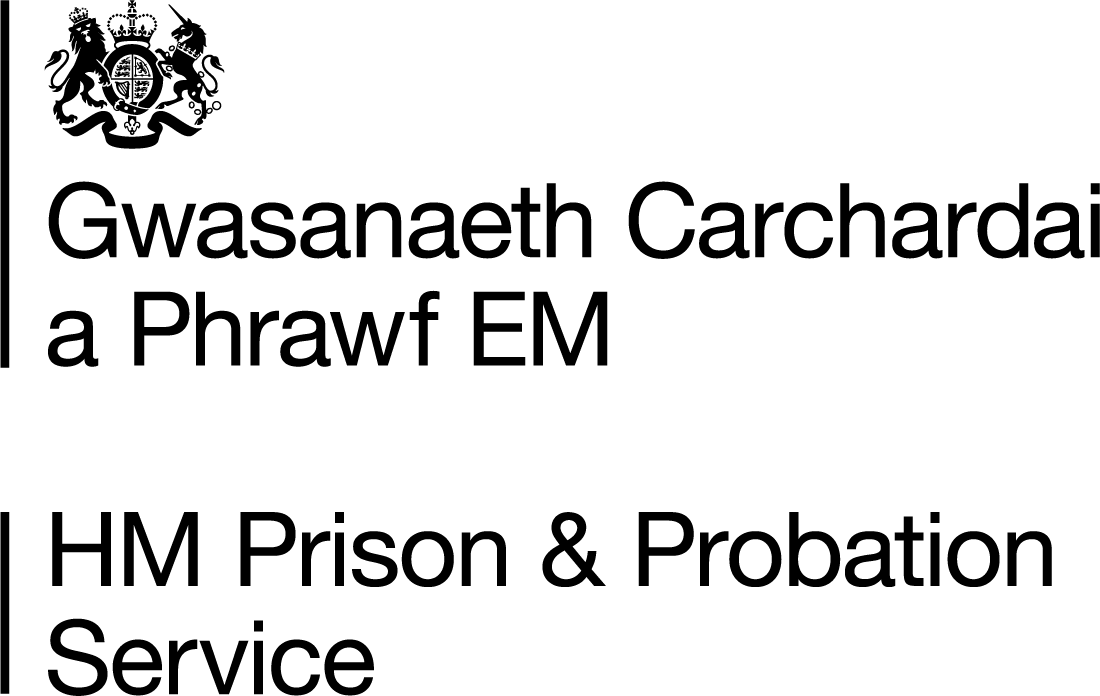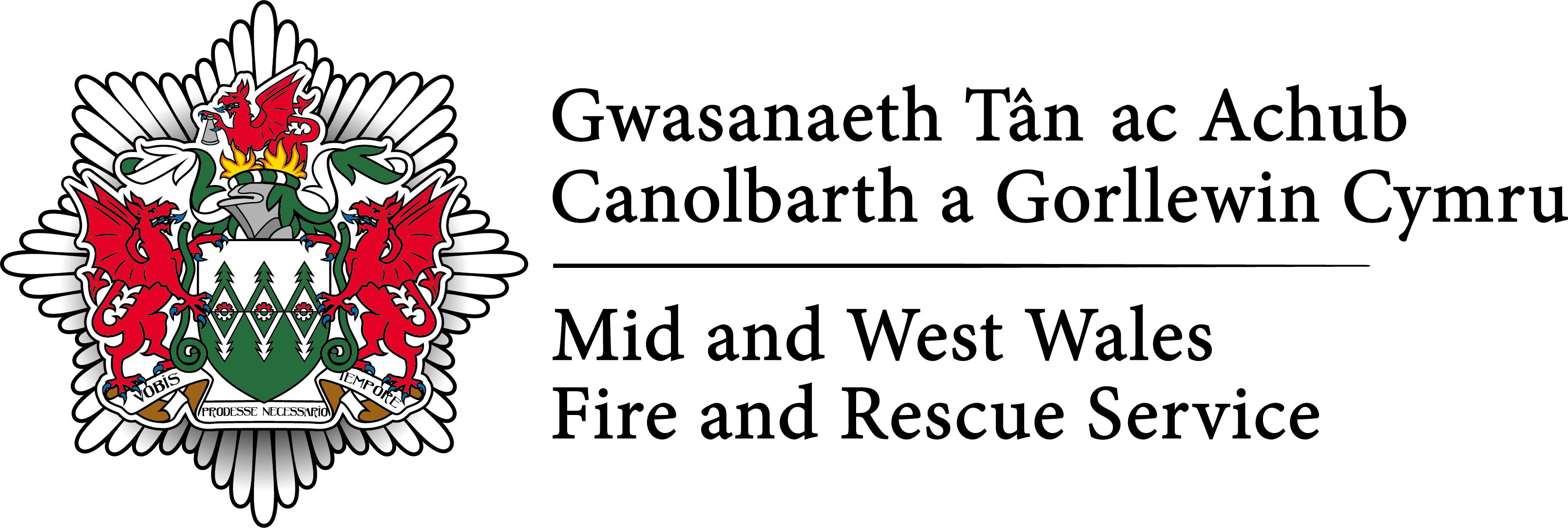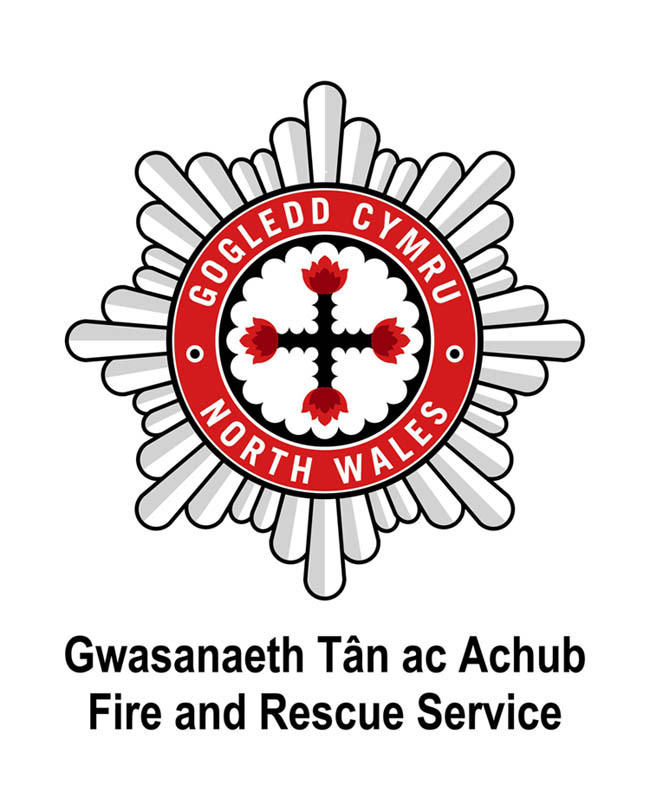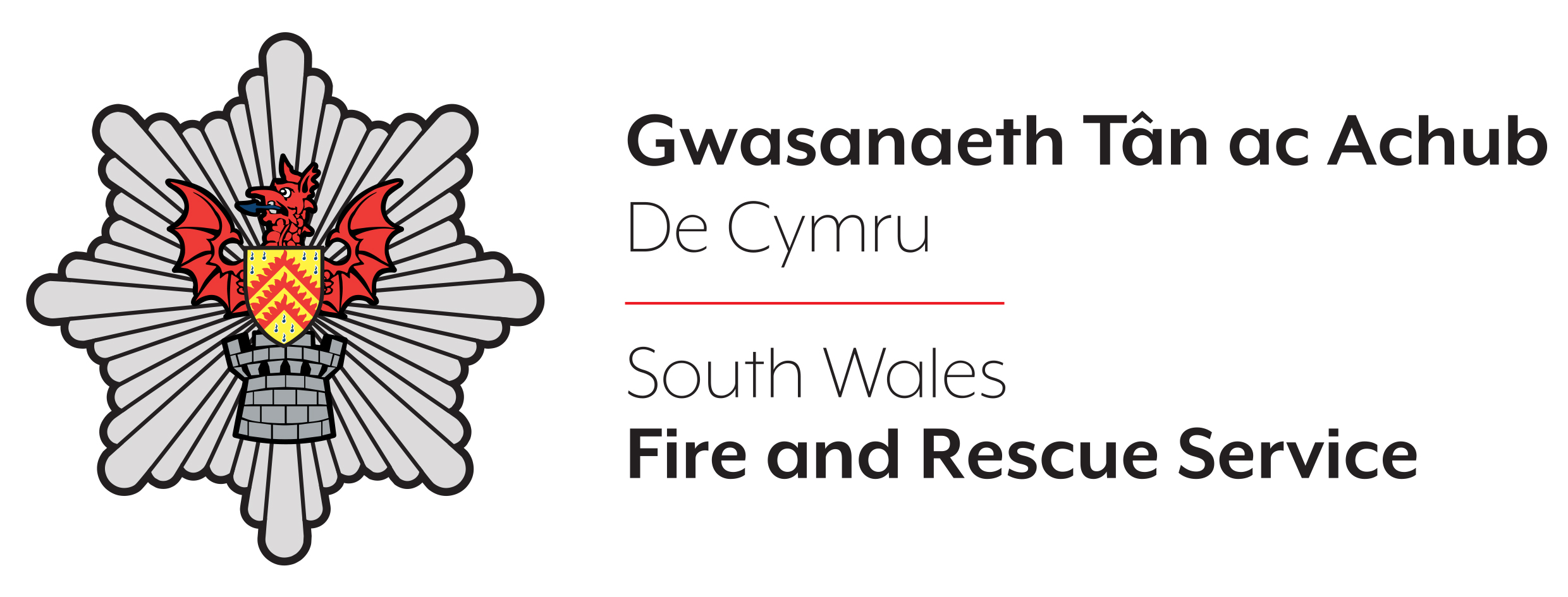See Anti-Social Behaviour and Disorder for a full list of relevant legislation. Specifically:
This Act set in place the six remedies currently available to manage ASB, which are: civil injunctions; criminal behaviour orders; community protection notices; public spaces protection orders; closure orders; dispersal powers. It also introduced the community trigger and community remedy.
- Civil injunctions
Courts award injunctions to stop people engaging in ASB. They can be awarded without notice but are only available if there has been a threat or use of violence.
- Criminal behaviour orders
Criminal court issued against a person who has been convicted of an offence and is causing ASB.
- Dispersal powers
Allow the police to order a person who is causing harassment, alarm or distress to leave a specific area for up to 48 hours.
- Community protection notices
Can be issued by local authorities, police and some housing associations to address a wide range of problems, such as littering and noise nuisance.
- Public space protection orders
Can be used by local authorities to prevent persistent, unreasonable and/or detrimental behaviour.
- In addition, depending on the type of ASB, other legislation may be involved – such as Drug Trafficking and Dealing, Serious Violence and Hate Crime.






